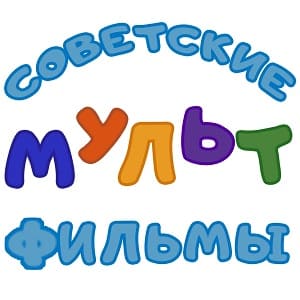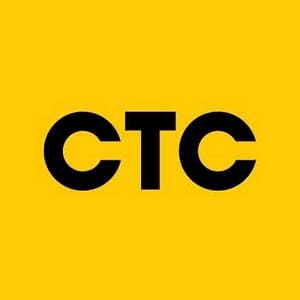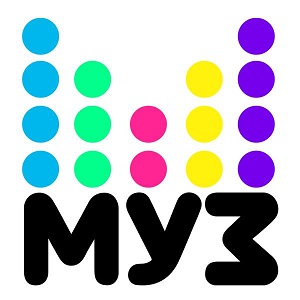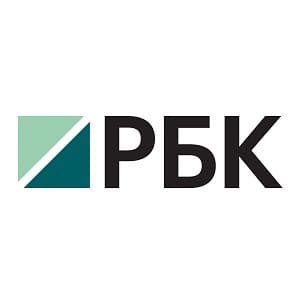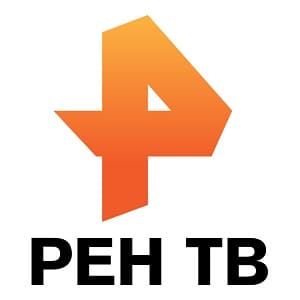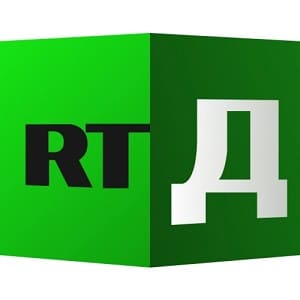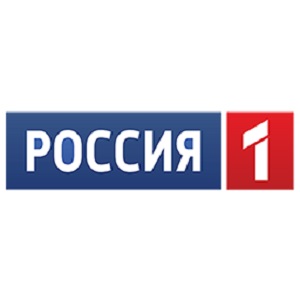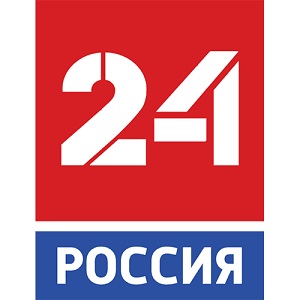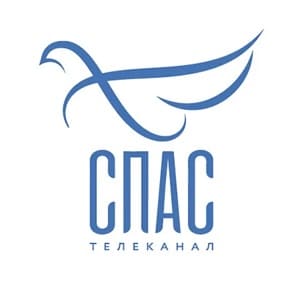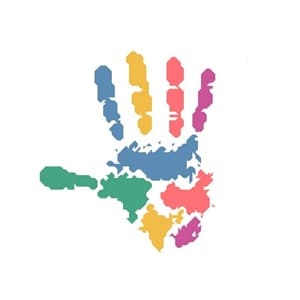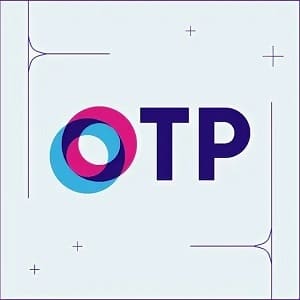
Launched in 2013 through the initiative of Dmitry Medvedev, OTR (Public Television of Russia) has rapidly established itself as a unique voice in the country's media landscape. Unlike traditional state-run channels, OTR offers a diverse range of programming that combines educational content with social discourse, creating a platform for meaningful national conversations.
The channel's morning lineup focuses on historical and cultural enrichment. Programs like "Calendar" and "Behind the Archive Line" provide fascinating glimpses into Russia's past, while regional news segments offer perspectives from across the country's vast territory. This thoughtful combination of history and current affairs sets an intellectually stimulating tone for the day.
As afternoon arrives, OTR shifts to tackling contemporary social issues through its flagship discussion programs. "Really?" and "Reflection" feature unfiltered debates about pressing national concerns, bringing together experts, officials, and ordinary citizens for substantive dialogue. These shows have become known for their willingness to address controversial topics with nuance and depth.
Evening programming combines practical knowledge with investigative journalism. "Living Environment" and "Medical Examination" employ expert analysis and undercover reporting to reveal hidden aspects of consumer safety and healthcare, empowering viewers with information that directly impacts their daily lives.
Weekends on OTR showcase the channel's commitment to lifelong learning. Science enthusiasts appreciate "Big Science" and "Hamburg Account," which make complex concepts accessible, while legal programs like "Complaint Book" and "Get to Work!" demystify Russia's judicial system. Particularly noteworthy is Oleg Smolin's groundbreaking series "From Rights to Opportunities," which brings attention to disability issues through personal stories and policy discussions.
Available through both traditional broadcasting and online streaming, OTR ensures its educational mission reaches viewers across all platforms. The channel's digital presence allows audiences to engage with content on demand, making knowledge and thoughtful discussion available whenever inspiration strikes.
What distinguishes OTR is its balanced approach to public service broadcasting – equally comfortable exploring Russia's cultural heritage as it is examining current social challenges. In just a decade of operation, the channel has carved out a vital space in Russian media for programming that informs, educates, and stimulates thoughtful civic engagement.
The channel's morning lineup focuses on historical and cultural enrichment. Programs like "Calendar" and "Behind the Archive Line" provide fascinating glimpses into Russia's past, while regional news segments offer perspectives from across the country's vast territory. This thoughtful combination of history and current affairs sets an intellectually stimulating tone for the day.
As afternoon arrives, OTR shifts to tackling contemporary social issues through its flagship discussion programs. "Really?" and "Reflection" feature unfiltered debates about pressing national concerns, bringing together experts, officials, and ordinary citizens for substantive dialogue. These shows have become known for their willingness to address controversial topics with nuance and depth.
Evening programming combines practical knowledge with investigative journalism. "Living Environment" and "Medical Examination" employ expert analysis and undercover reporting to reveal hidden aspects of consumer safety and healthcare, empowering viewers with information that directly impacts their daily lives.
Weekends on OTR showcase the channel's commitment to lifelong learning. Science enthusiasts appreciate "Big Science" and "Hamburg Account," which make complex concepts accessible, while legal programs like "Complaint Book" and "Get to Work!" demystify Russia's judicial system. Particularly noteworthy is Oleg Smolin's groundbreaking series "From Rights to Opportunities," which brings attention to disability issues through personal stories and policy discussions.
Available through both traditional broadcasting and online streaming, OTR ensures its educational mission reaches viewers across all platforms. The channel's digital presence allows audiences to engage with content on demand, making knowledge and thoughtful discussion available whenever inspiration strikes.
What distinguishes OTR is its balanced approach to public service broadcasting – equally comfortable exploring Russia's cultural heritage as it is examining current social challenges. In just a decade of operation, the channel has carved out a vital space in Russian media for programming that informs, educates, and stimulates thoughtful civic engagement.


